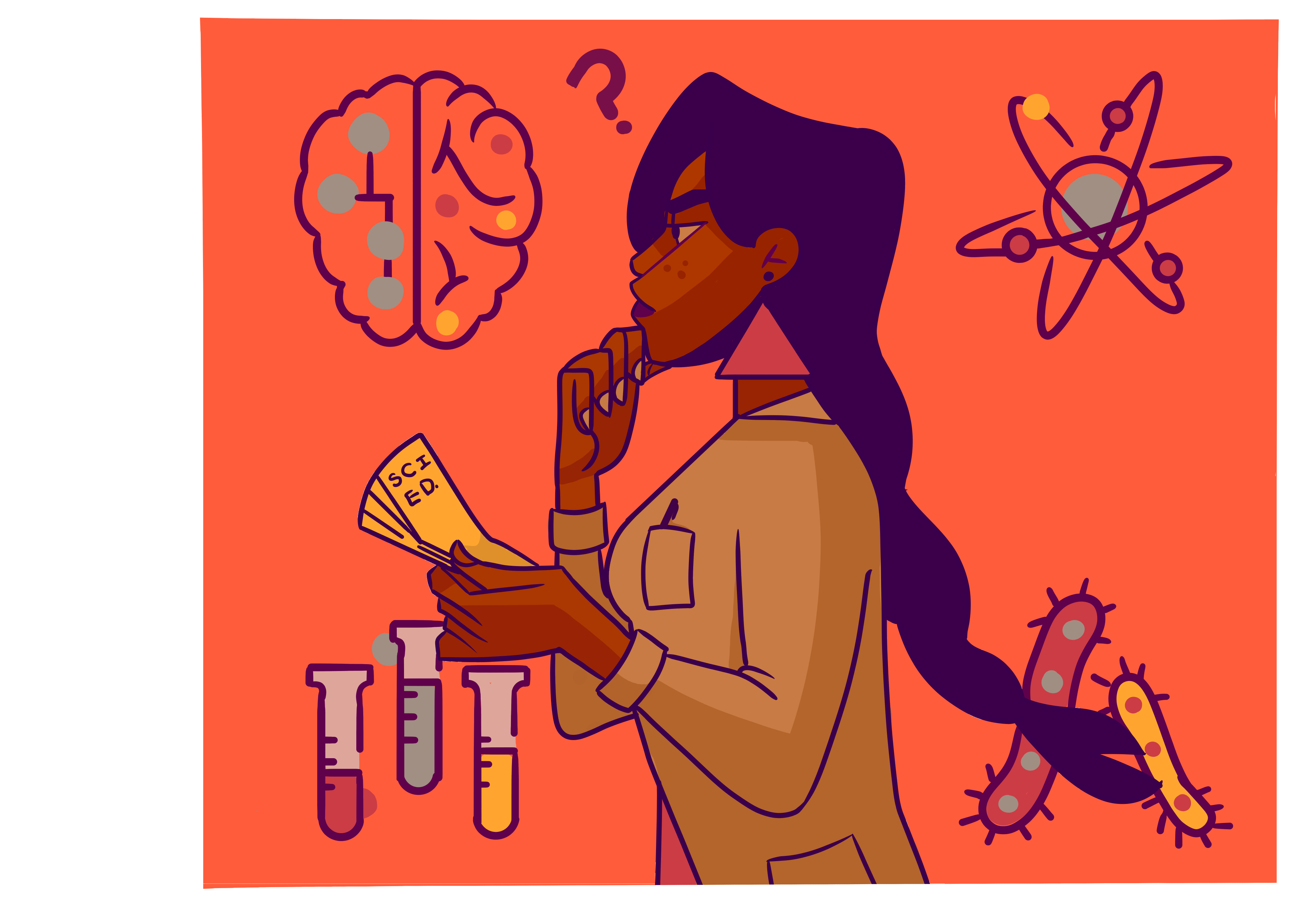Amid measles outbreak, UCLA needs to improve students’ public health awareness

(Michelle Fu/Daily Bruin)
By Deepto Mizan
May 9, 2019 10:37 p.m.
About two decades ago, vaccinations made measles a disease of the past.
But we’ve brought back the world’s most contagious virus – and it’s all courtesy of ignorance.
Despite being in the information age, Americans have a distinct lack of information about the basics of science and health care. The misconceptions have run amok: People think vaccines cause autism, essential oils have the ability to treat childhood diseases and abortion clinics kill newborns.
This misinformation is itself a virus, permeating and resulting in issues like limited abortion access for university students and the growing popularity of going unvaccinated.
Last year, for example, the Centers for Disease Control and Prevention noticed a gradual decrease in vaccination rates for children aged 24 months. Along with this dip, preventable diseases, such as mumps, chickenpox, whooping cough and measles, have made a comeback across the US.
One of these cases was here on campus last month.
The problem isn’t just that social media and the internet can help propagate false facts. Universities like UCLA also treat public health as a logistical requirement. This creates a breeding ground for confusion as there’s no focused and accessible source of information for students regarding health care.
UCLA needs to incorporate public health education into its academic and social atmosphere through collaborating with student-led organizations and establishing a public health course requirement. Without a basic understanding of the essentials of public health, Bruins will be unprepared to make decisions in the future, be it about their own health or even about drafting legislation.
UCLA’s recent measles scare is a significant indicator of the effects of misinformation. The poorly executed quarantine and lack of proper and immediate notification show how students weren’t told just how bad it could have been – they weren’t told much at all. The larger student body was only contacted via email and given no advice for preventing future outbreaks or why it is necessary to catch up on vaccination requirements.
This lack of basic public health knowledge has even manifested in elected officials’ offices. Former California Gov. Jerry Brown vetoed a bill last year that would provide students an on-campus medical abortion pill, citing abortion clinics were on average only five to seven miles away from campus.
However, a study in 2017 showed that abortion clinics more than 30 minutes away from campuses are increasingly inaccessible, since students need to schedule a time to go and often wait a week for an appointment, on top of associated costs. The University of California, however, has not taken an official position on the new Senate Bill 24, similar to the one Brown vetoed, leaving students’ public health choices in the dark.
In fact, the UC and UCLA seem to only have a checklist mentality about public health. UCLA’s approach to improving campus immunity, for instance, consists mainly of the Arthur Ashe Student Health and Wellness Center’s messages informing students they don’t have the necessary vaccines.
But the university doesn’t explain why students should heed those concerns. Diseases like measles can only be eradicated through herd immunity, when a significant majority of the population is vaccinated. The more vaccinated people you have, the more suffocated the transmission is.
Combating false information requires a stronger focus on public health education and accurate scientific information, said Peter Katona, a clinical professor of medicine at UCLA’s David Geffen School of Medicine.
“For example, it’s incredibly difficult to convince a mother to vaccinate her child (if she has) already made up her mind,” Katona said. “This is why we have to connect it to the correct scientific truth – because the students of today will be the parents 10 to 15 years from now.”
Of course, the UC is beginning to crack down on its vaccine requirements and the Ashe center offered free measles vaccines at a vaccination fair Tuesday.
But providing vaccines is often not nearly enough by itself, said Timothy Brewer, a professor of medicine at the School of Medicine.
“To be more active, we need to continue supporting groups that spread awareness in all areas of public health to have an effect,” Brewer said.
UCLA’s community of students and staff are often tasked with being the leaders and visionaries of their fields, spearheading the university’s goal of benefiting society and academia. The university should require students to understand the overarching science behind concepts like disease transmission, the cornerstones of fetal development and the safety of abortions. These are only a few of many essential ideas Bruins should become familiar with during their time here.
And these requirements are much more than another hoop to jump through before graduation. They are a source of credible and personable information for the future doctors, officers and parents in the community. A few pure science classes alone can’t provide all the nuances of these topics.
As Bruins, we have a chance to fight for public health awareness in a meaningful way. We can put preventable public health crises like measles and limited abortion access back where they belong: in history.


